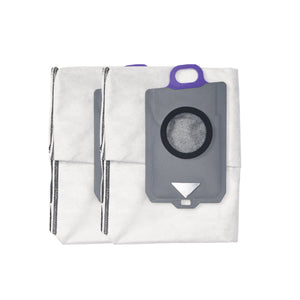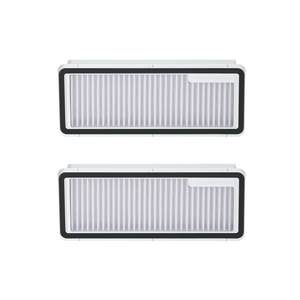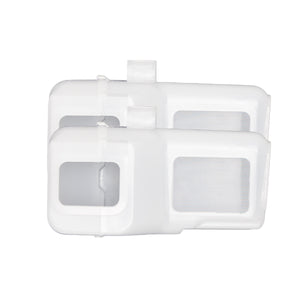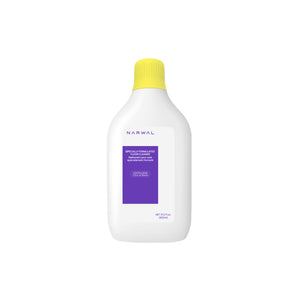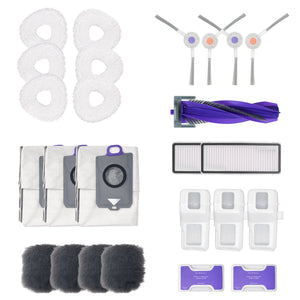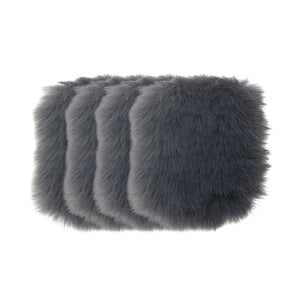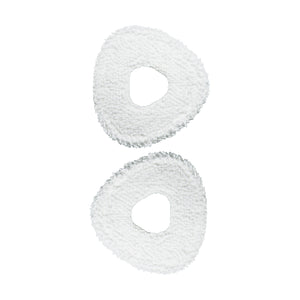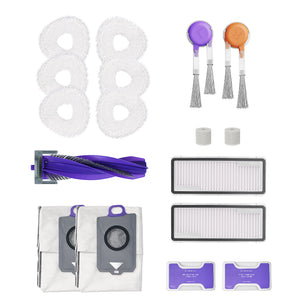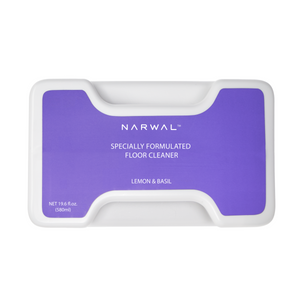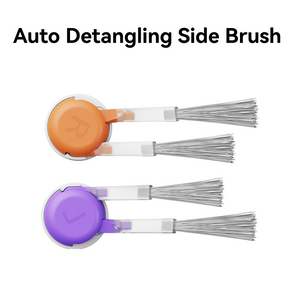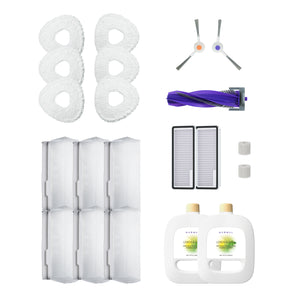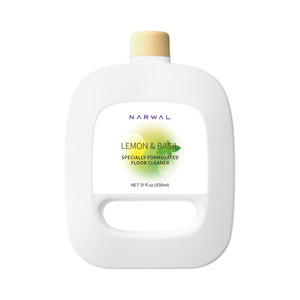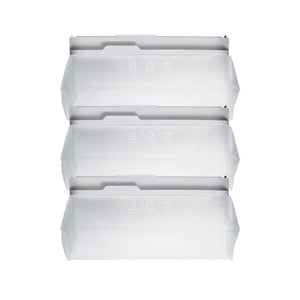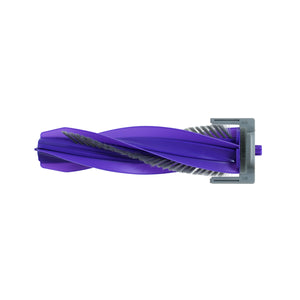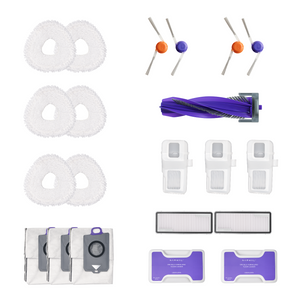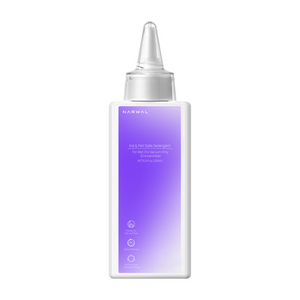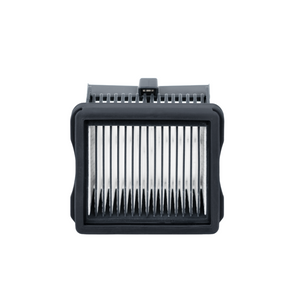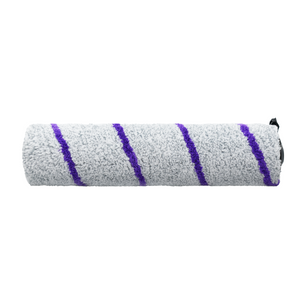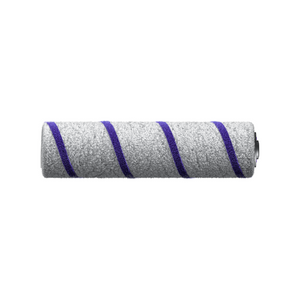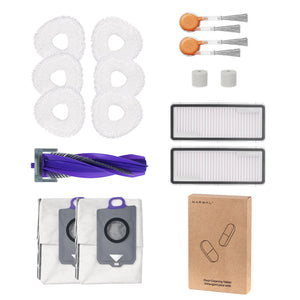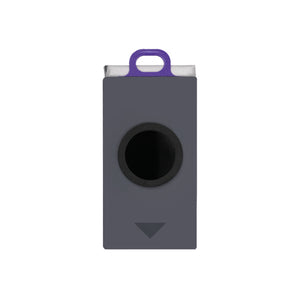Are robot vacuums secretly mapping your home and sharing personal information? If you’ve ever wondered how much data your robotic vacuum collects, or whether privacy concerns are exaggerated, you’re not alone.
In this guide, you’ll first learn whether robot vacuums truly pose a privacy risk. Then, we’ll break down the specific types of personal data these devices may collect inside your home. You’ll also discover practical tips to protect your privacy, how leading brands like Narwal handle security concerns, and which certifications or regulations matter most when choosing a privacy-safe robot vacuum.
Can a Robot Vacuum Be Hacked? Real Risks Explained
Yes, some modern robot vacuums do carry real privacy risks. This is especially true for models equipped with cameras, microphones, or advanced home mapping features.
One real-world example of a robot vacuum privacy risk is the LidarPhone hack, developed by researchers at the National University of Singapore. They showed that even vacuums without microphones could be used to eavesdrop—by analyzing how sound vibrations affect Lidar sensor reflections. In tests, the system could recover spoken words with surprising accuracy.
While this technique was experimental, it proves that robot vacuums can be exploited in unexpected ways—especially if the data they collect isn’t properly encrypted or restricted.
Third-party integrations like Amazon Alexa or Google Home can also widen the exposure of your data, depending on how securely the vacuum handles information. Weak Wi-Fi networks, poor encryption, and loose privacy settings make the situation worse.
Not all robot vacuums transmit images or floor maps, but the fear of spying is valid when companies fail to apply strict privacy protections. This is why it's important to check how a robot vacuum collects, stores, and shares your data before using it in your home.
How Robot Vacuums Collect Your Data (and What to Do About It)
Robot vacuums collect various types of personal data, including floor maps, movement patterns, device logs, Wi-Fi details, and user account information. Some models also capture images or audio if equipped with cameras or microphones. Understanding these data types is key to managing privacy risks.
-
Mapping data and floor plans
Most robotic vacuum cleaners create detailed maps of your home. Using lidar, infrared, or visual sensors, they draw floor maps, detect obstacles, and remember room layouts. This map data is often stored on the device or sent to the cloud for use in a companion app, enabling you to schedule cleanings, set virtual boundaries, and monitor progress in real time.
-
Navigation and sensor data
Every cleaning session generates a wealth of sensor information—distances traveled, locations of obstacles and furniture, and navigation paths. Advanced models, such as iRobot's Roomba J7 series, even use cameras to identify objects on your floor. These robotics sensors collect precise signals to guide the vacuum safely around your space.
-
Audio and video data
Robot vacuums with microphones or cameras may record audio or video clips inside the home. While not all models have this capability, users should be aware that robot vacuums with cameras can potentially capture sensitive data or images if the data collected is uploaded to a manufacturer’s server.
-
Device and usage logs
The robot vacuum continuously generates operational logs—tracking cleaning schedules, error messages, battery status, and user commands sent from a smartphone app. Such logs may be used for product support or performance analytics and are sometimes shared with third parties to improve services.
-
Wi-Fi and smart home network details
Connecting a vacuum to your home Wi-Fi enables remote control via mobile app or integration with systems like Amazon Alexa. This can expose Wi-Fi network information and basic smart device communication data, making data protection and secure communication protocols—like encryption—crucial.
Some robot vacuums support both 2.4GHz and 5GHz Wi-Fi networks, allowing flexible connection options depending on the user's home router setup.
-
Personal information via user profiles
When setting up a robot vacuum or linking it to a home app, you may need to create user accounts, providing names, emails, or even addresses. This personal data is also subject to the manufacturer’s privacy policy and may be required for device updates or customer support.

How Do Manufacturers Address Privacy and Security Concerns in Robot Vacuums?
Manufacturers address privacy and security concerns by focusing on three key areas: data encryption, user control, and system maintenance.
First, they use encryption to protect all data the robot vacuum collects. Whether it’s a floor map or device usage log, the information is encrypted both during transmission and while stored. This prevents outsiders from accessing personal data, even if the device connects to the internet through Wi-Fi or Bluetooth.
Second, manufacturers give users direct control over their data. Most robot vacuum apps include settings that let users choose whether to save maps, upload data to the cloud, or activate features like cameras and microphones. Some models also allow operation without internet access, keeping all data local for added privacy.
Third, manufacturers support long-term security through regular firmware updates. These updates fix known vulnerabilities and improve protection against new threats. Updates are often pushed through the app automatically, so the device stays secure with minimal user effort.
To strengthen trust, many companies also follow international privacy standards and apply for third-party certifications. These standards check for secure default settings, proper data handling, and clear privacy policies.
In short, manufacturers protect user privacy by securing data, offering flexible settings, and maintaining up-to-date software—all designed to reduce the risk of data misuse in smart home environments.
How Narwal Addresses Privacy and Security in Robot Vacuums?
Narwal takes a privacy-first approach in designing its robot vacuums, focusing on minimizing data collection and maximizing user control. By combining local data processing, user control, encryption, and regular updates, Narwal ensures that privacy and security are not afterthoughts, but integral features of their robot vacuums.
Local Data Processing
One of Narwal's key strategies is processing most data locally on the device. This means that floor maps and cleaning history are not automatically uploaded to the cloud. Instead, they are stored and processed directly on the vacuum itself. By keeping data local, Narwal reduces the risk of sensitive information being exposed through remote servers.
User Control
Narwal also empowers users with robust privacy controls. In the companion app, users can manage what data is shared, whether it's cleaning data, maps, or cloud synchronization. If users prefer not to share any data, they can choose to operate the vacuum without an internet connection, ensuring all information stays within the home.
Data Encryption
Security is a priority for Narwal. All data transmitted between the robot vacuum and the app is encrypted to protect it from unauthorized access. This adds an extra layer of protection, ensuring that even if data is intercepted during transmission, it remains unreadable to hackers.
Continuous Updates
Narwal further safeguards privacy with regular firmware updates. These updates fix any discovered vulnerabilities and enhance the security protocols, ensuring the vacuum is always up-to-date with the latest protection standards.

Top Certifications That Protect Your Robot Vacuum Data
The major privacy regulations and certifications for robot vacuums include the GDPR, CCPA, PIPL, and third-party certifications like TÜV Rheinland and ETSI EN 303 645.
GDPR (General Data Protection Regulation) is a comprehensive privacy regulation in the European Union. It mandates that companies obtain clear consent from users, minimize data collection, and provide users with control over their data, including the right to access, delete, or correct it.
CCPA (California Consumer Privacy Act) offers similar protections for California residents. It allows users to request information about the data collected on them, opt-out of data sales, and request the deletion of personal data.
PIPL (Personal Information Protection Law) is China’s national data protection law. It requires companies to handle personal data with strict security measures and gives users control over their data.
ETSI EN 303 645 is a widely recognized IoT security standard. It checks whether devices use secure passwords, encrypt data, and give users control over what is shared.
TÜV Rheinland is an independent certification body. Its tests verify that a product meets strong privacy and security requirements, including encrypted data storage and limited third-party sharing.
Do Third-Party Certifications Effectively Protect Privacy?
Yes, third-party certifications help protect privacy by ensuring that manufacturers follow established security standards. However, they are not a complete guarantee of privacy.
While certifications provide valuable assurance, they only reflect the manufacturer’s practices at the time of certification. It’s important for consumers to also consider how a product handles data on an ongoing basis, such as through regular updates and transparent privacy policies.
Robot Vacuum Privacy Protection: 7 Expert Tips
To protect your robot vacuum privacy, start by changing default passwords, reviewing privacy settings, and limiting unnecessary features. Regular updates, data encryption, and using offline modes can further enhance security. These simple steps will help safeguard your personal information and ensure your vacuum operates securely.
Tips 1: Change default passwords on your robot vacuum, home app, and Wi-Fi network. Use strong, unique credentials and avoid reusing old passwords. Two-factor authentication, if available, provides better data security.
Tips 2: Review the privacy policy and privacy settings for your robotic vacuum. Carefully check the manufacturer's privacy controls in both the web portal and the smartphone app before first use. Understand what types of data are collected (including map data, floor maps, and sensor information) and if it will be uploaded to the cloud or shared with third parties.
Tips 3: Limit unnecessary features: If your vacuum uses a camera, consider disabling it unless mapping with video is essential. Some robot vacuums have microphones or additional sensors that can collect sensitive sounds or images; turning off these features reduces risks.
Tips 4: Keep your robotic vacuum cleaner out of sensitive areas: Place it away from bedrooms, bathrooms, or any place where sensitive data or images may be at risk if hacking occurs. Modern robot vacuums can spy if compromised. Disabling mapping in these zones helps, especially with camera-enabled devices such as the iRobot's Roomba j7 series.
Tips 5: Update firmware and apps regularly: Manufacturers like iRobot, Ecovacs, and Narwal often patch vulnerabilities as security issues are discovered. Regular updates help prevent hackers from exploiting old software flaws.
Tips 6: Disconnect the vacuum from the Internet when not needed: Some models work in 'offline' mode. Operating your smart vacuum cleaner without the Internet reduces risks of robotic vacuum hacking and protects user data from being sent back to remote servers.
Tips 7: Verify data encryption: Look for product documentation or certifications like TÜV Rheinland or ETIS EN 303 645, which indicate strong data protection, encryption, and compliance with data protection laws.
Remember: While robot vacuums map your house, most do not send data unless their connectivity is enabled. The best practices are to stay informed, choose secure robot vacuum brands, and check for security and data protection certification. For instance, Narwal models implement advanced encryption and privacy controls to protect your floor maps and personal information.
Do All Manufacturers Comply with Privacy Regulations and Certifications?
No, not all manufacturers fully comply with privacy regulations and certifications. While many brands follow basic legal requirements, some may only meet local standards or use certifications as marketing tools without implementing the necessary privacy practices.
It’s important for consumers to carefully review privacy policies and check how a brand handles data, including encryption, data sharing, and compliance with global standards.
Camera vs. Lidar Navigation: Which Robot Vacuum Is Better for Privacy?
Lidar-based navigation is generally safer for privacy compared to camera-based systems.
Camera-equipped robot vacuums capture actual images or video of your home, which can increase the risk of exposing sensitive data. These cameras may accidentally record private items or people. If the images are not properly encrypted or stored securely, there is a chance they could be accessed or leaked.
Lidar navigation, on the other hand, uses lasers to create maps of your home without taking any visual pictures. It collects spatial data, which does not include any private visual details, making it less likely that sensitive information will be exposed. Even if a security breach occurs, the data that might be compromised is usually just a non-revealing floor map, not images or videos.
That said, privacy concerns can still be mitigated with camera-based systems if the brand takes the necessary steps to protect data. For example, strong encryption, strict privacy policies, and clear user controls can help ensure that even camera-based vacuums can be secure.
Therefore, while lidar may offer a simpler solution, it is not the only way to protect your data. As long as a brand prioritizes privacy and follows proper security practices, both camera and lidar systems can offer safe alternatives for your home.

Smart Home Privacy: Final Tips for Robot Vacuum Users
Robot vacuum privacy does not have to be a mystery. By understanding what data your device collects and choosing a brand that values security, you can enjoy clean floors and peace of mind.
Narwal offers robust privacy features such as local data processing and strong encryption to protect your information. Stay informed and proactive. Your smart home deserves both convenience and protection.
FAQs
Can I use a robot vacuum without connecting it to the internet?
Yes, some robot vacuums—like those from Narwal—allow you to operate the device without an internet connection. This “offline mode” keeps all cleaning data, floor maps, and usage logs stored locally, reducing the risk of data exposure to remote servers or third-party apps.
What certifications should I look for in a privacy-safe robot vacuum?
Look for certifications like TÜV Rheinland, ETSI EN 303 645, and compliance with data protection laws such as GDPR, CCPA, or PIPL. These standards ensure the device follows strong privacy practices, including encrypted data storage and user control over data sharing.
How often should I update my robot vacuum for privacy protection?
You should check for firmware and app updates at least once a month. Many brands like Narwal provide automatic updates through their mobile app, which patch vulnerabilities and improve data security. Keeping your device updated is essential to prevent exploitation of known flaws.
Does Narwal store my data on the cloud?
No, Narwal emphasizes local data processing. This means your floor maps and cleaning logs are stored directly on the device and not automatically uploaded to the cloud, unless you explicitly allow it. This approach gives users greater control and reduces potential privacy risks.
Are there risks if I link my robot vacuum with Alexa or Google Home?
Yes, integrating your robot vacuum with third-party systems like Amazon Alexa or Google Home can increase data exposure. These integrations may share voice commands, schedules, or device status with external platforms. Always review what data is shared and adjust your privacy settings accordingly.





















